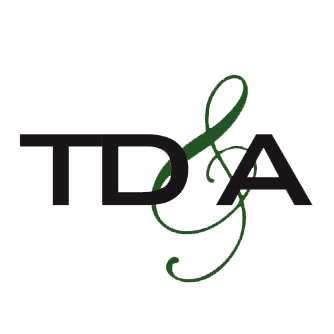Knowledge is Key: Empowering Your Team with Comprehensive Compliance Training
Internal compliance training raises awareness among employees about the importance of adherence to policies, laws, and industry standards. It educates them about the potential consequences of non-compliance, both for the organization and for themselves. By understanding the reasons behind compliance measures, employees are more likely to embrace them as integral to the company's success.
Compliance training equips employees with the knowledge and skills needed to recognize and address compliance issues effectively. From data privacy to workplace safety regulations, comprehensive training programs provide employees with practical guidance on how to navigate complex compliance requirements in their day-to-day roles.
A culture of compliance starts from within. Internal training initiatives reinforce the organization's commitment to ethical conduct and regulatory compliance. When employees see that compliance is a priority supported by the company's leadership, they are more likely to integrate compliance considerations into their decision-making processes.
Well-trained employees are your first line of defense against compliance risks. By arming them with the knowledge to identify potential issues and the procedures to address them, you minimize the likelihood of costly compliance breaches. In doing so, you safeguard your organization's reputation and financial stability.
Best Practices for Effective Internal Compliance Training
Implementing an effective internal compliance training program requires a strategic approach. Here are some best practices to consider:
1. Tailored Content:
Customize training materials to reflect the specific compliance requirements relevant to your industry and organization. Tailored content ensures that training remains relevant and engaging for employees across different roles and departments.
2. Interactive Learning:
Engage employees through interactive learning experiences such as workshops, case studies, and simulations. Interactive elements not only enhance retention but also encourage active participation and discussion around compliance topics.
3. Ongoing Education:
Compliance is not a one-time event; it's an ongoing commitment. Regularly update training materials to reflect changes in regulations and industry best practices. Encourage continuous learning through refresher courses and updates to ensure that employees remain informed and up to date.
By empowering your team with the knowledge, skills, and mindset needed to uphold regulatory standards and ethical principles, you foster a culture of compliance that permeates every aspect of your business. In doing so, you not only mitigate risks and protect your organization's reputation but also lay the foundation for sustainable growth and success in an increasingly complex regulatory environment. If you or your business needs assistance establishing necessary compliance protocols, reach out to Tresp, Day & Associates, Inc. today.
